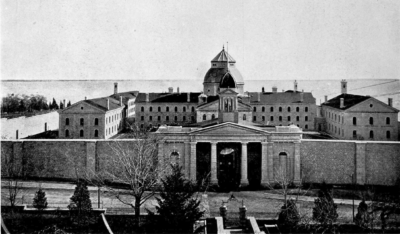Appeal Watch: BCCA Denied Accused’s Assertion of Linguistic Rights in R v Tayo Tompouba
On January 12, 2023, the Supreme Court of Canada (“SCC”) granted a leave to appeal on a linguistic rights case appealed from the British Columbia Court of Appeal (“BCCA”), R v Tayo Tompouba, 2022 BCCA 117 [Tayo]. In this case, Mr. Franck Yvan Tayo Tompouba, the accused, appealed a conviction for sexual assault on the […]




